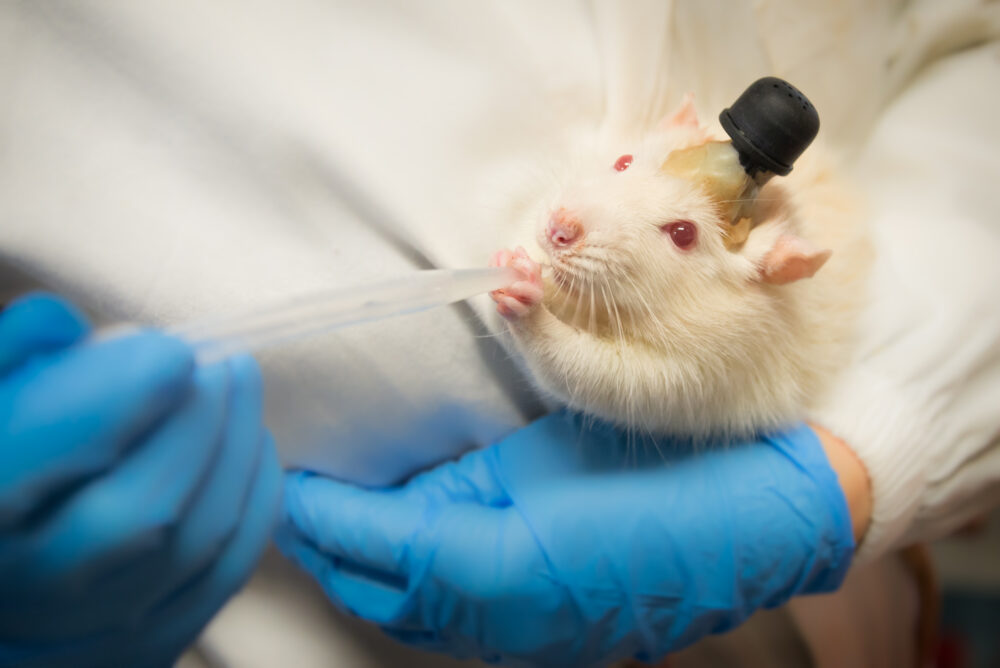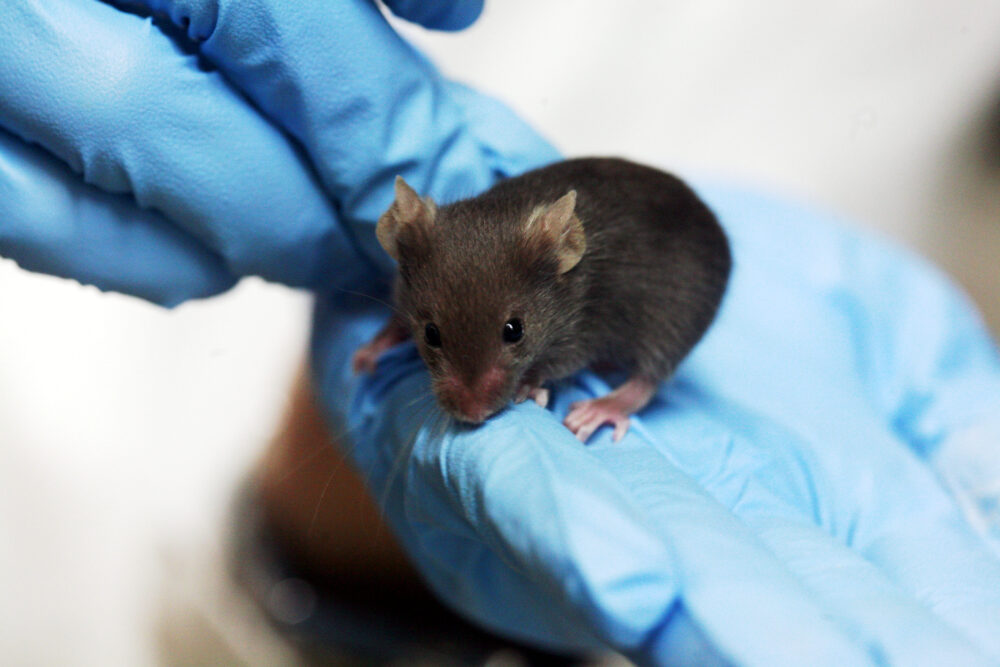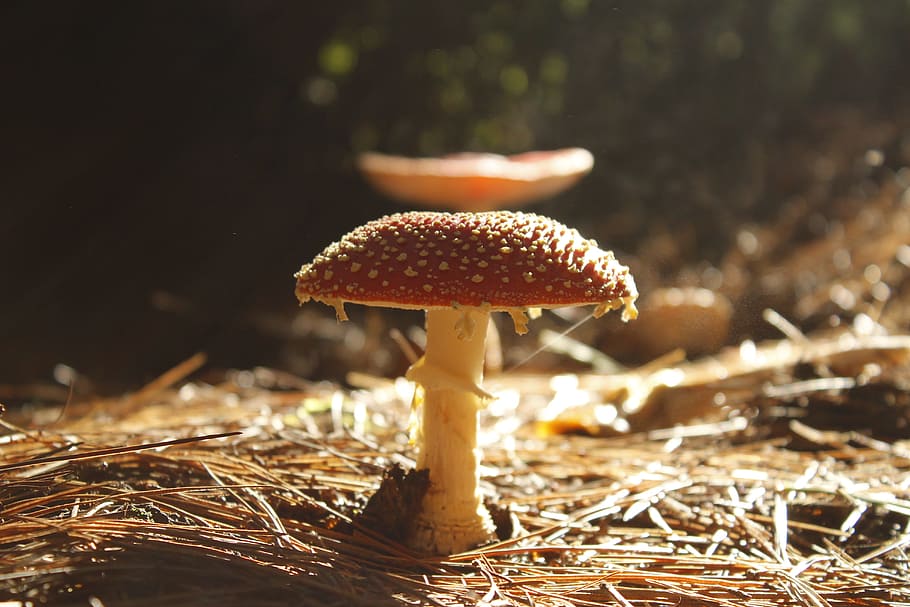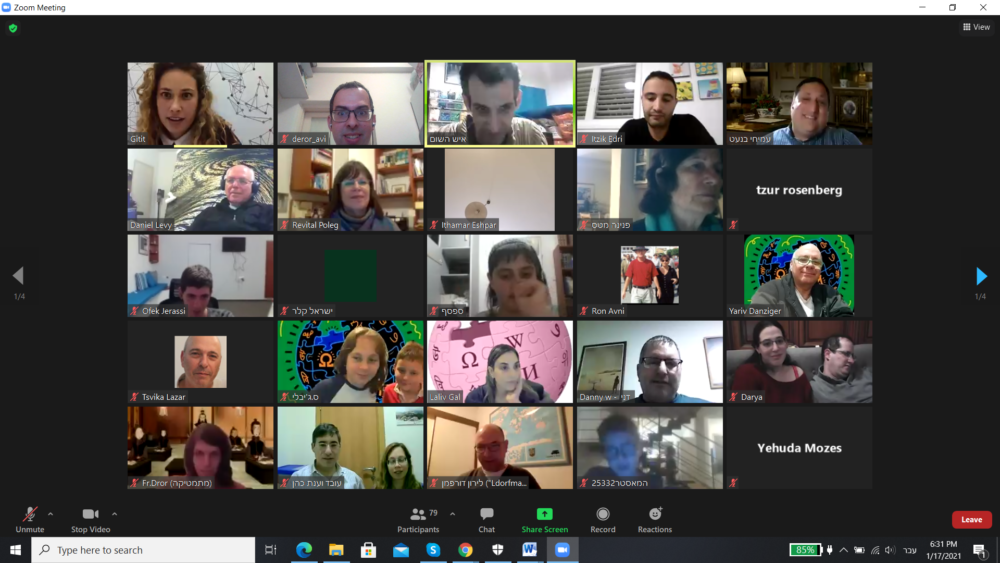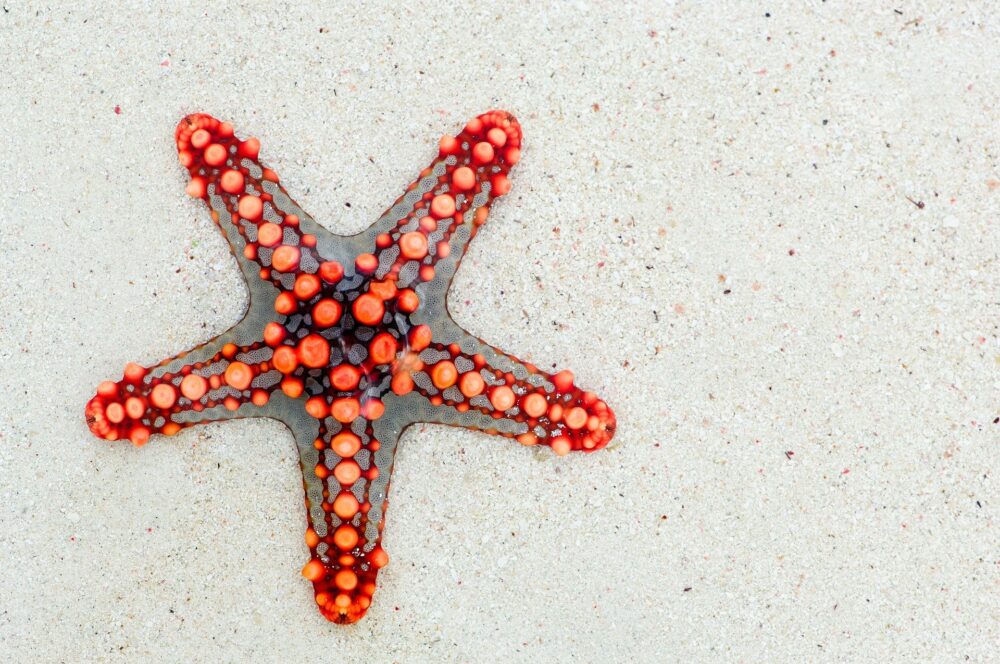Out with the old: Geneticists reversed aging in mice
Extending a human’s lifetime sounds like something that would only exist in a fictional realm. A recently published study, though, shows that this ability may one day be achievable in our own world. A common theory regarding the mechanism that drives aging is that the accumulation of genetic mutations eventually causes cells to lose their […]
Out with the old: Geneticists reversed aging in mice Read More »
